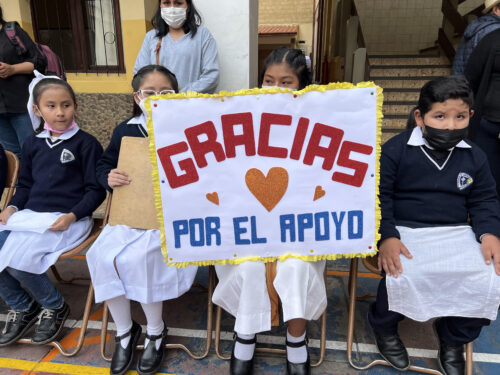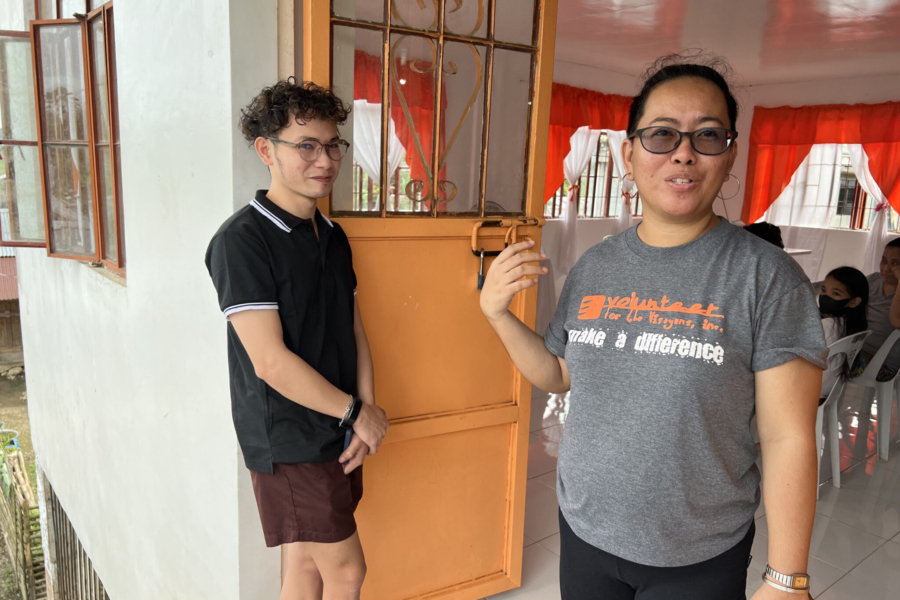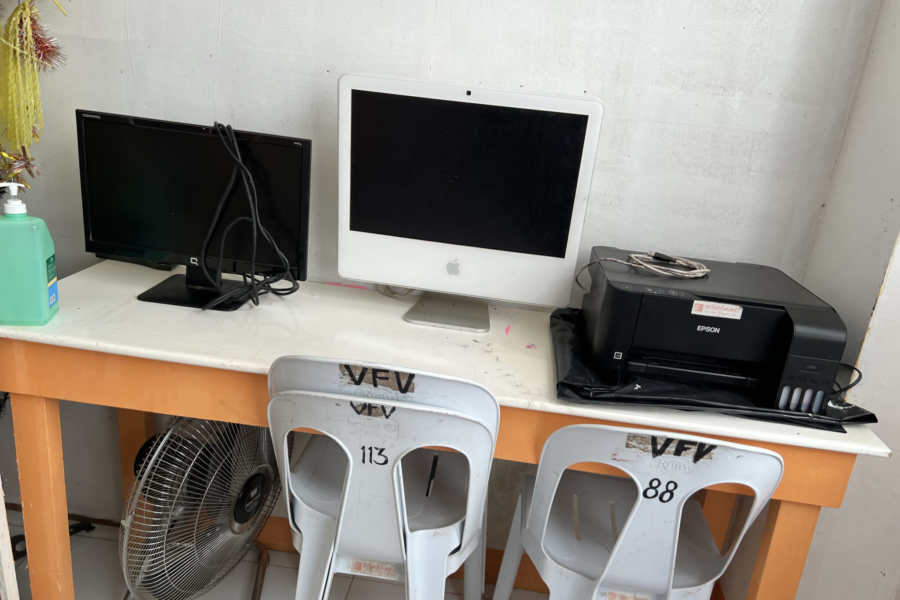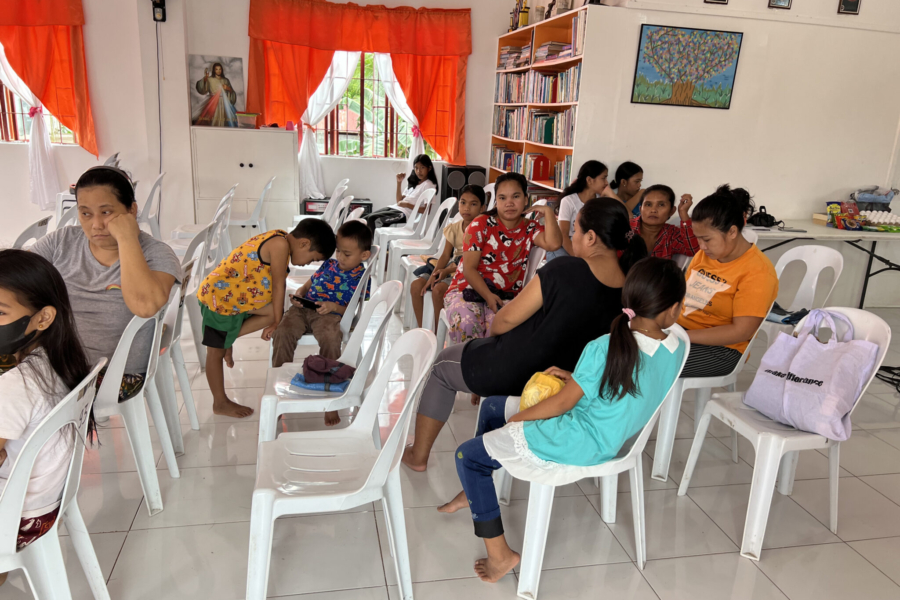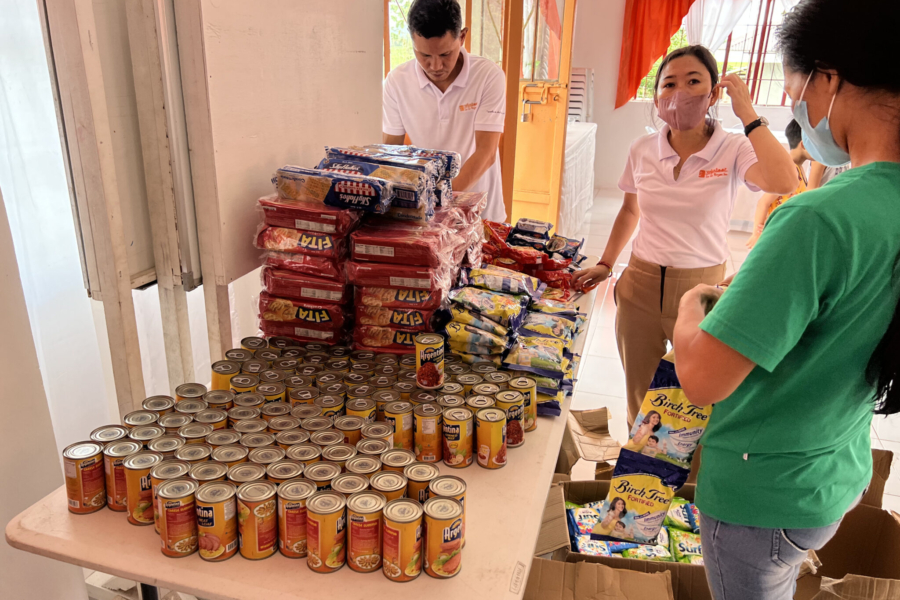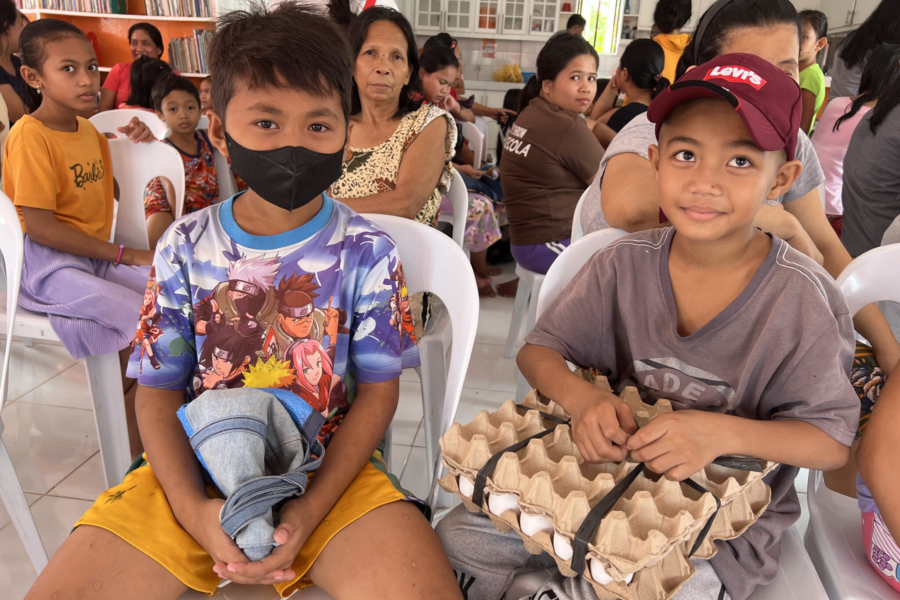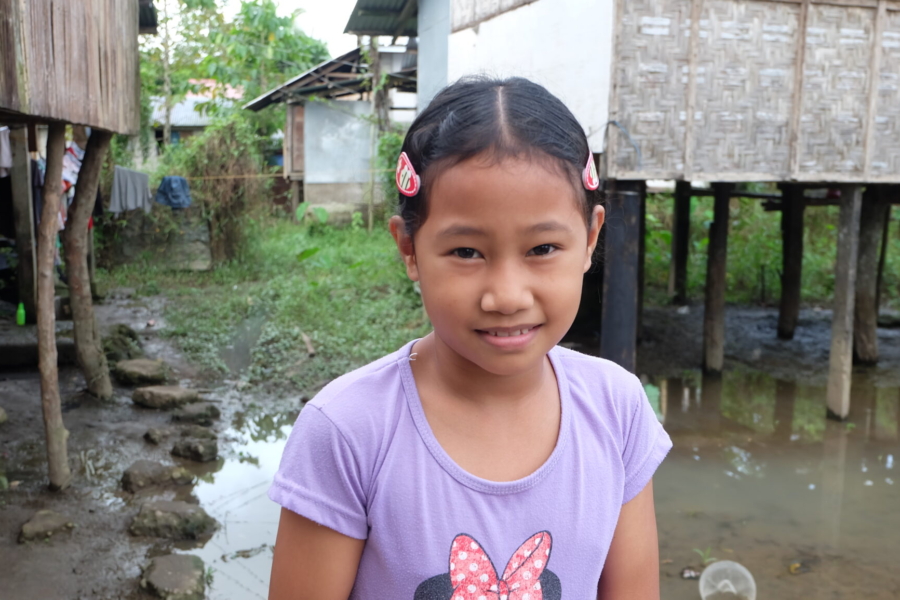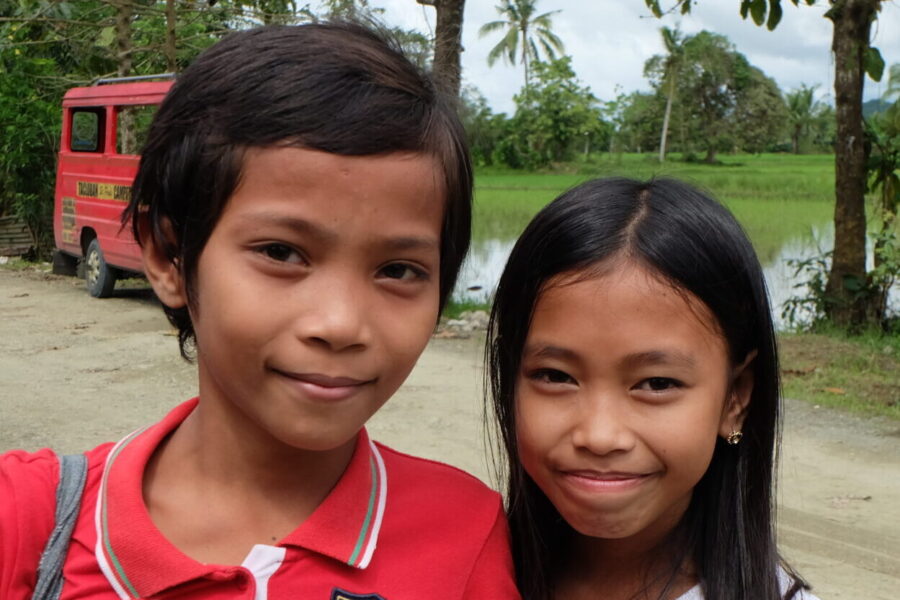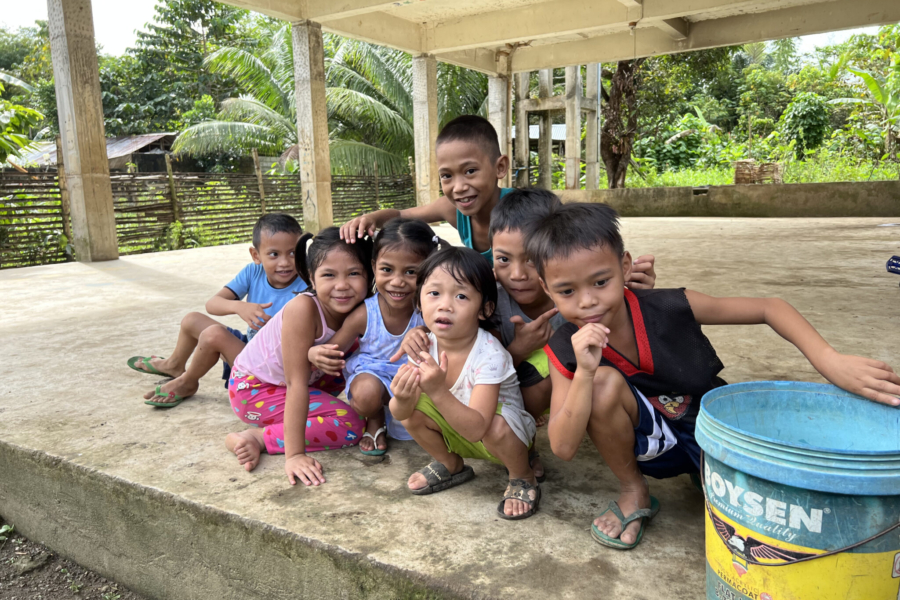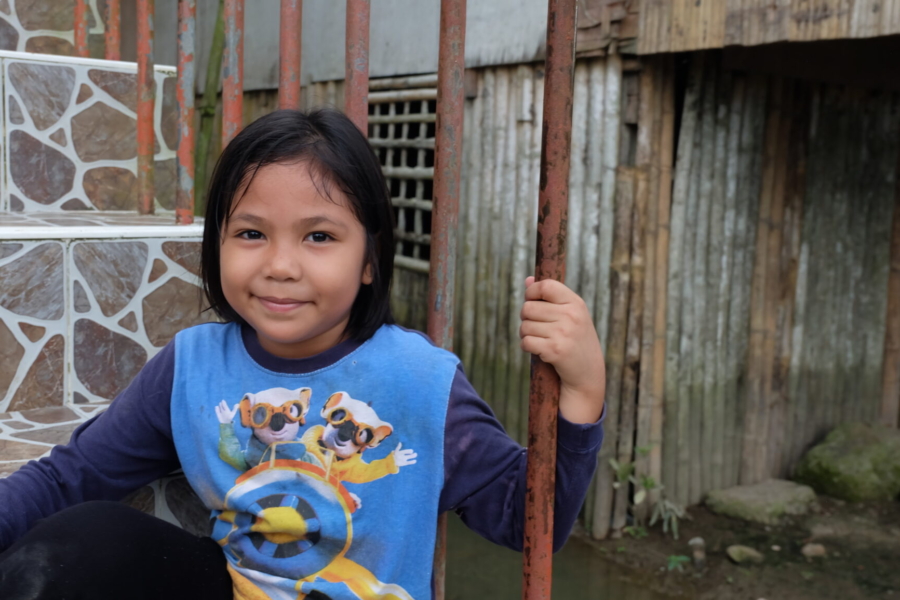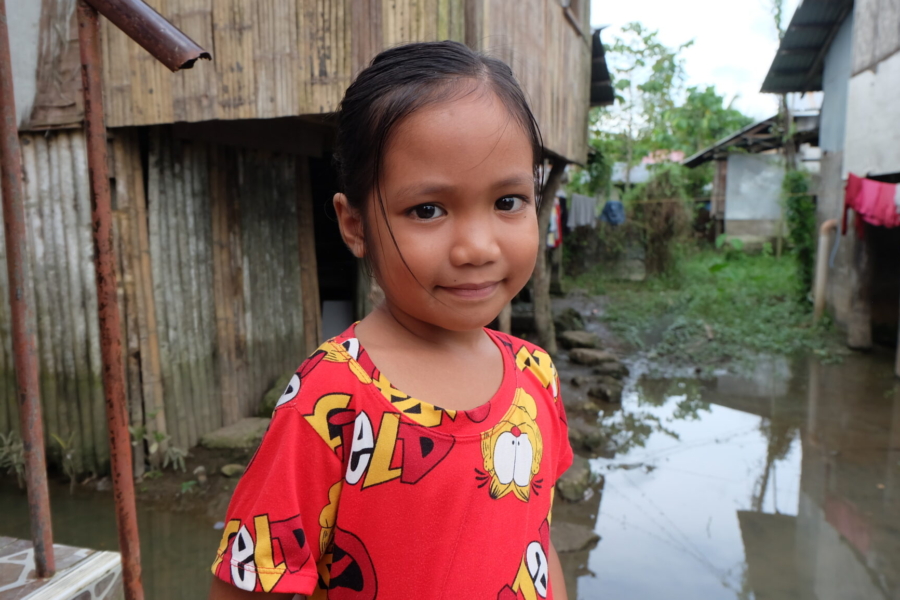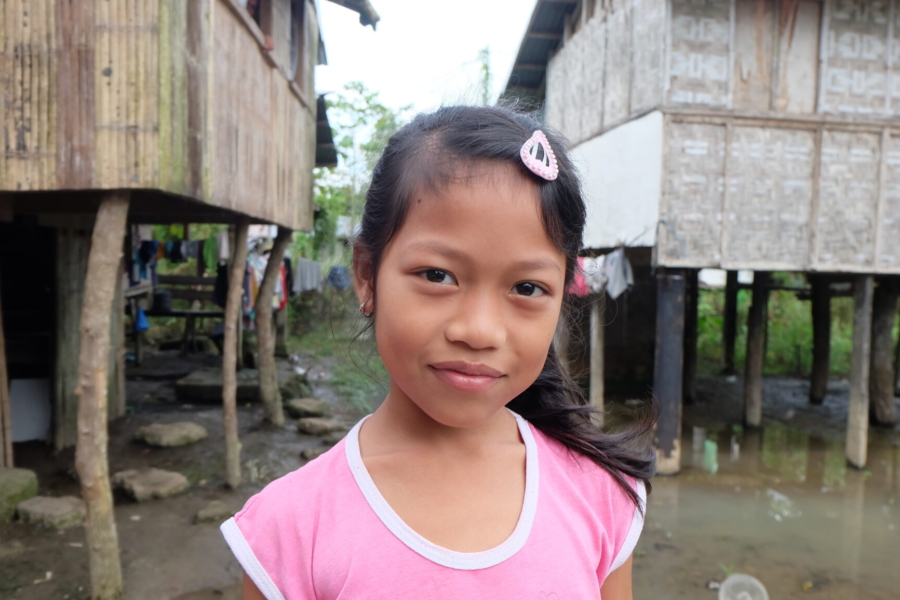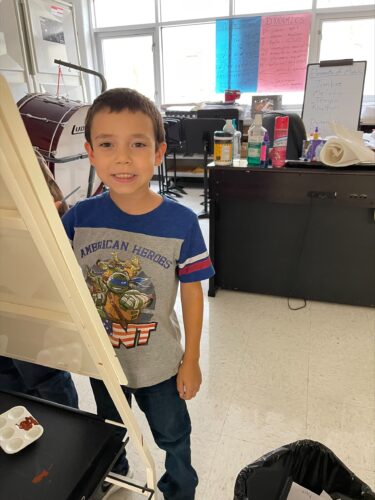Here at Children Incorporated, we know that sponsoring a child in need is extraordinarily rewarding, so we want to provide you with a guide to walk you through the process.
In order to make your decision as easy as possible, here you will find the answers to sixteen of the most common questions we receive about sponsoring a child in El Salvador.
1. What is sponsorship?
The sponsorship relationship enables an individual sponsor to help support a child in need by means of monthly contributions. Monthly sponsorship donations go towards providing basic necessities such as school supplies and tuition fees, food, clothing, and access to healthcare, among other services, so that a child living in poverty has the opportunity to overcome the barriers that keep them from attending school, getting an education, and succeeding in life.
2. What is the role of A sponsor?
A sponsor’s friendship and encouragement are priceless to a child in such circumstances. Indeed, many children value the relationships they establish with their sponsors as much as they value the financial support they receive from them. There is an opportunity to build a relationship between sponsor and child that can be quite profound.
3. How long can I sponsor a child in El Salvador?
Many children value the relationships they establish with their sponsors as much as they value the financial support they receive from them. There is an opportunity to build a relationship between sponsor and child that can be quite profound.
Typically, sponsorship lasts until a child turns eighteen years old, graduates from high school, or moves out of our service area. Due to the transient state of many families and the difficult circumstances of the regions where they reside, we cannot predict or guarantee how long a child will remain in our sponsorship program, although every effort is made to provide services to children for as long as possible.
When a child leaves the sponsorship program, another child is selected for you to sponsor that is equally in need, in the hope that you will accept the new sponsorship.
4. Who implements or administers the child sponsorship program?
Our program is implemented by on-site volunteer coordinators who are typically administrators at the sites with which we affiliate. Our coordinators have direct access to the children they serve at their schools, homes, orphanages, or community centers — and sometimes even on a daily basis. As such, they are familiar with the immediate needs and family circumstances of each individual child in their care.
5. HOW MUCH DOES IT COST TO SPONSOR A CHILD In El Salvador?
With Children Incorporated, it costs $35 a month to sponsor a child living in poverty. Our sponsorship amount is lower than other sponsorship organizations because we work with volunteer coordinators around the world, which helps us keep our costs low while also maximizing the amount of money we are able to send to the children in our sponsorship program.
6. WILL MY SPONSORSHIP HELP A CHILD GO TO SCHOOL OR HELP WITH THEIR EDUCATION IN El Salvador?
Yes! Absolutely — your sponsorship will help a child go to school or help with their education. Children Incorporated provides basic necessities such as food, clothing, healthcare and educational support to children living in poverty in the U.S. and abroad. These essentials, so often taken for granted, are vital to a child’s growth and success in school. Each year, we give thousands of children in need all over the world a chance at a better life by supporting their education.
7. ARE THERE NON-RELIGIOUS SPONSORSHIP ORGANIZATIONS?
Yes. Children Incorporated is a non-religious sponsorship organization. Children Incorporated is an independent charity. We have no religious or political affiliation. Our goal is to assist as many children living in poverty as possible, and we respect each child’s religious and cultural heritage.
8. Who most directly benefits from my financial support?
When you sponsor a child, the beneficiary of your support is your individual sponsored child. The families of children in our sponsorship program receive additional or indirect benefits from their child’s sponsorship, but our focus is the one child. Sponsorship is intended to address the unique and individual needs of each child so that his or her specific needs are addressed.
The child-focused approach to fighting poverty is distinctly different from the broader community development approach. By changing the life of one child, you are giving him or her the opportunity to break the cycle of poverty, which can eventually lead to the transformation of an entire community — and even a nation.
9. WILL I RECEIVE UPDATED INFORMATION ABOUT MY SPONSORED CHILD IN El Salvador?
Yes. You will receive updated information and an updated photo, although the frequency may vary depending upon the child’s location. The typical progress report includes information about the child’s grade level in school, hobbies, and interests.
10. May I send packages to my sponsored child in El Salvador?
Due to high customs duties and the likelihood of loss, it is not recommended that you send packages to sites outside of the United States, as their receipt cannot be guaranteed. If you would like to send an additional gift, it is recommended that you send a monetary gift to our headquarters in North Chesterfield, Virginia.
11. May I write to the child I sponsor?
Yes! Corresponding with your sponsored child can be a delightful experience. Your sponsored child is encouraged to write to you as well.
12. What should I write about?
The children enjoy learning about the lives of their sponsors. Writing about your own family (children, grandchildren, brothers, sisters, etc.) is always a good place to start. The children also like to learn about your part of the world, what you do for a living, your hobbies and interests, and about any pets you may have.
13. Is it possible to visit my sponsored child in El Salvador?
It is possible to visit sponsored children; however, it is not guaranteed that all of the sites with which we affiliate are open to sponsor visits. Circumstances vary from area to area. Contact our office to find out if a visit is possible
14. Are there reviews of child sponsorship organizations?
Yes. Before you choose an organization with which to sponsor a child, we highly recommend that you visit these websites to gain a better understanding of charity backgrounds and performances: Charity Navigator, GuideStar, Give.org and Charity Watch.
Children Incorporated is very proud of our reputation and reviews that recognize the work we are doing for children. Visit the following links to see our ratings:
- Charity Navigator Four Star Charity
- GuideStar Gold
- Better Business Bureau
- Charity Watch
- Authorize.Net
15. What are the best child sponsorship organizations for sponsoring a child in El Salvador?
Well, we are obviously a little biased about this question; but as we mentioned above, we highly recommend that you visit the various websites that provide assessments and ratings of nonprofit organizations before you make any donations. We believe that Children Incorporated is the best child sponsorship organization.
16. What are the pros and cons of sponsoring a child?
The pros: you get to make a fundamental difference in the life of a child in need, and the effects of your sponsorship can last a lifetime. There are no real cons to sponsoring a child, but as you follow the progress of your sponsored child, you may at times feel that you wish you could do more.

